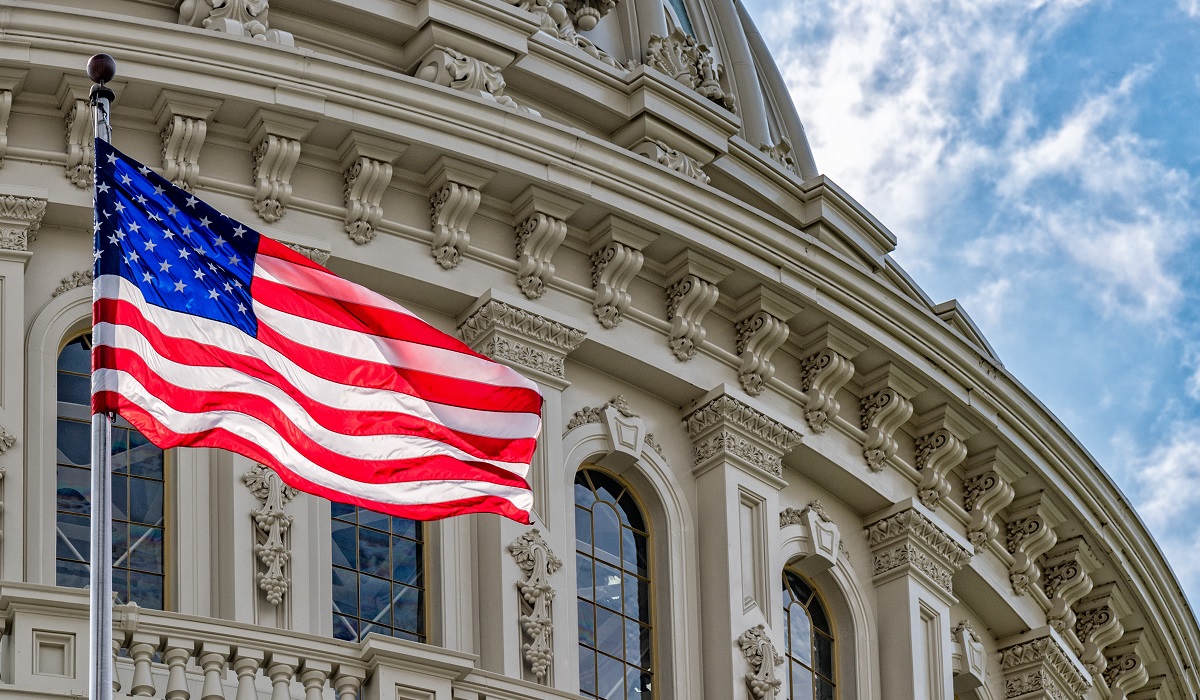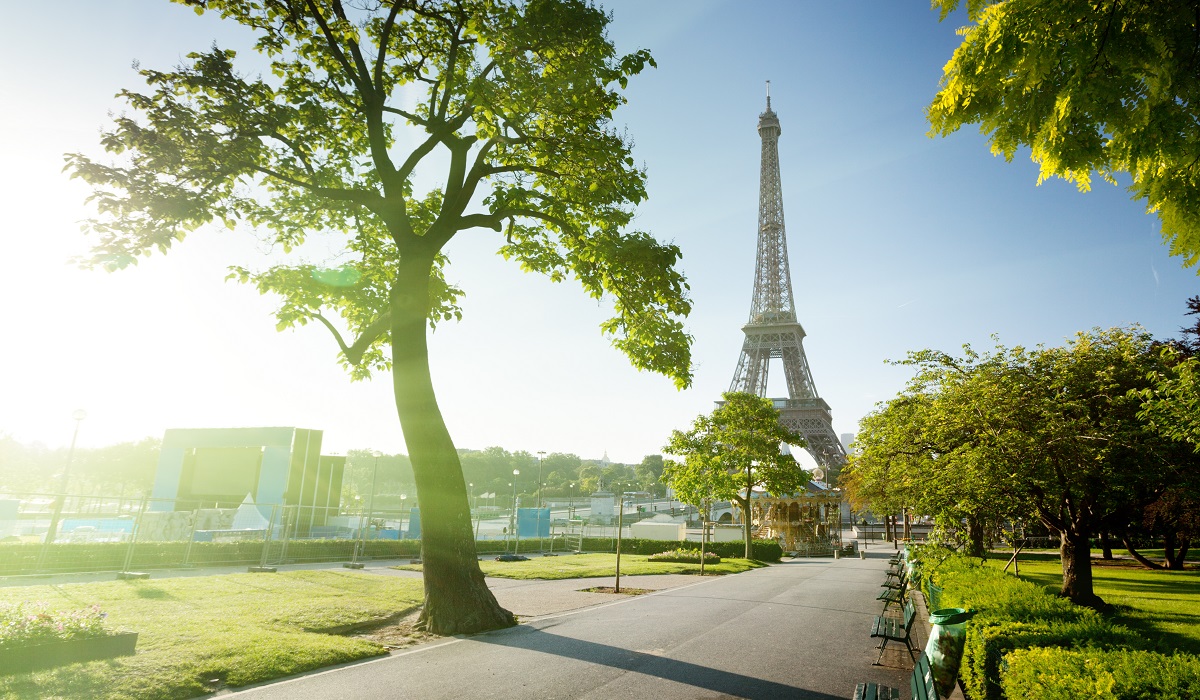Five Tips to Save Energy During a Holiday Season Like No Other
Let's Save Energy
Alliance to Save Energy's Blog
Five Tips to Save Energy During a Holiday Season Like No Other

In a surprise turn of events, we’re somehow already halfway through December. Whether you’re still scrambling to pick out the perfect gifts for loved ones and deck the halls, or are hunkering down for (some more) time at home, energy efficiency can save you money and help out the environment in the season of giving back. The following tips will help you on your way.
- Ask Santa for energy-saving equipment. With many of us spending more time at home this winter, energy-efficient devices and upgrades can help make our spaces more comfortable while cutting costs on bills. For example, investing in a smart thermostat can help optimize your home’s heating and cooling performance and pays for itself under two years with savings around 12% on heating.
- Save on your short-distance outgoings. You might be skipping the holiday travels this year, but if your hometown looks anything like mine, cars are bumper to bumper out on holiday errands. City driving is often inefficient due to frequent stops, but you can save with simple tips like accelerating and braking gently, obeying the speed limit, and ensuring your tires are fully inflated – with the potential to improve fuel economy by up to 40% in stop-and-go traffic.
- Shine brighter with LEDs. If you’re still stringing up your last few holiday lights (or looking to stock up for next year with those post-holiday sales), make sure you’re using LEDs to help counteract any additional weight on your lighting costs. ENERGY STAR-certified string lights use 75% less energy than traditional incandescent decorations – and if that’s not reason enough to make the investment, they also come with a three-year warranty and meet strict durability requirements.
- Choose a planet-friendly outdoor heater. Turning to the outdoors to stay safe this winter? Outdoor heaters can be quite energy intensive, with the average heater generating about 40,000 BTU per hour – meaning if you ran your patio heater for five hours a week for three months, you’d produce the same amount of CO2 as driving your car 450 miles. Electric heaters are the most energy-efficient option, but with propane heaters more widely available, make sure to do your research to find an eco-friendly model. Or, consider off-setting any additional energy use outdoors with efficiency changes indoors – like turning your thermostat down when you’re enjoying the patio.
- Keep devices efficient during online celebrations. Whether you’re preparing for a virtual holiday party or getting excited to watch the New Year’s ball drop for 2021, you’ll probably be using your electronic devices more than usual in the coming weeks. Keep devices from draining extra juice by unplugging when not in use, or investing in an advanced power strip to turn off idle electronics automatically. Also check to see if your device has a power saving mode – most modern devices have one available to improve performance, but often it’s not the default setting.
We hope these tips help alleviate some of the holiday crunch by offering a way to save money and emissions throughout a busy couple of weeks. And if you are still planning your seasonal spread, make sure to check out last month’s blog with EE cooking tips, from baking cookies to picking out the perfect champagne for waving goodbye to 2020. From everyone here at the Alliance, have a happy and healthy holiday break.
STAY EMPOWERED
Help the Alliance advocate for policies to use energy more efficiently – supporting job creation, reduced emissions, and lower costs. Contact your member of Congress.
Energy efficiency is smart, nonpartisan, and practical. So are we. Our strength comes from an unparalleled group of Alliance Associates working collaboratively under the Alliance umbrella to pave the way for energy efficiency gains.
The power of efficiency is in your hands. Supporting the Alliance means supporting a vision for using energy more productively to achieve economic growth, a cleaner environment, and greater energy security, affordability, and reliability.



